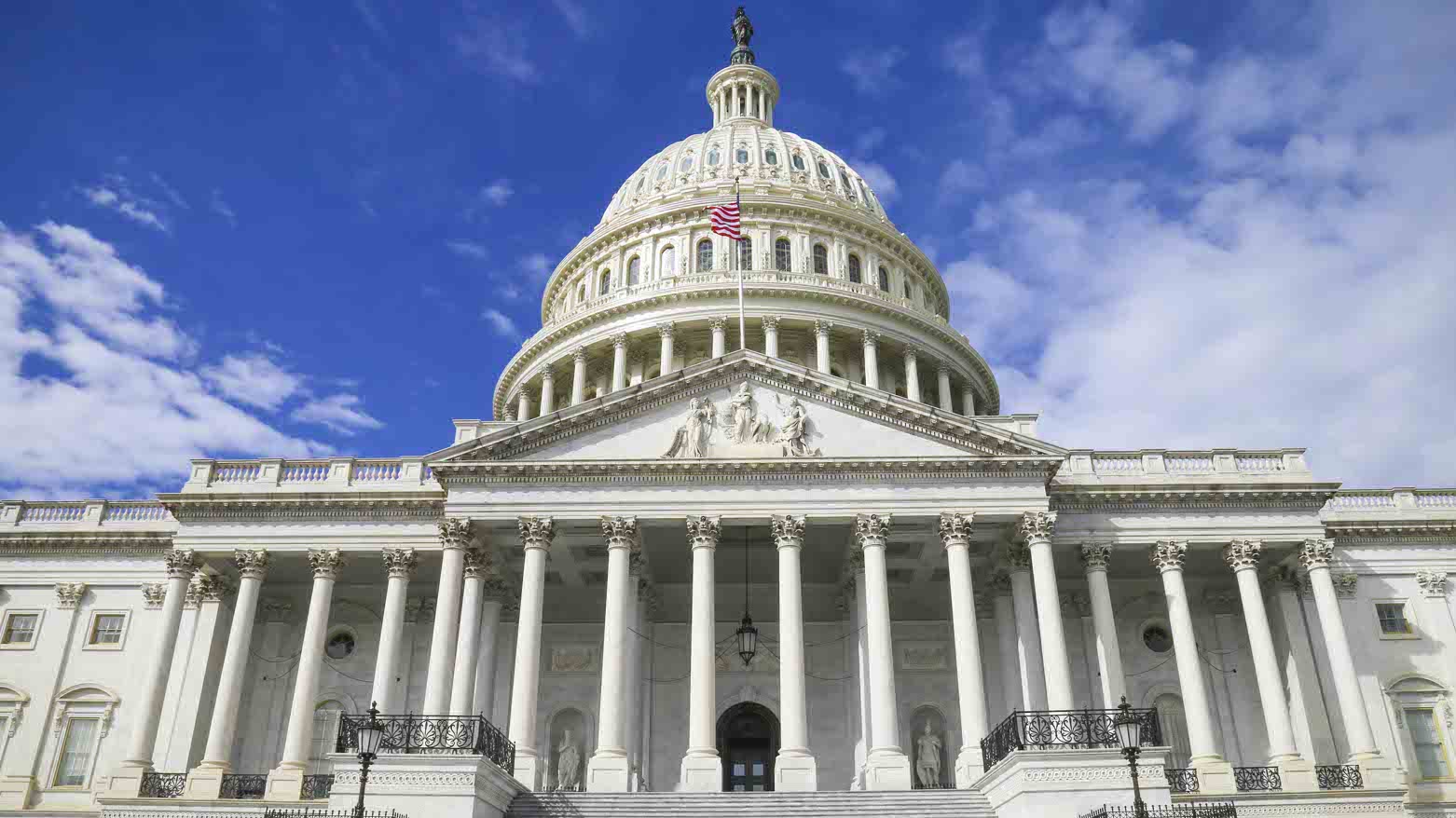House passes bill blocking $6 billion for Iran from prisoner swap

WASHINGTON DC, United States (Kurdistan 24) – The Republican-controlled House of Representatives passed a measure on Thursday that blocks Iran’s access to $6 billion that had been made available to it in the context of a prisoner swap between Washington and Tehran last August.
As part of the deal that saw the release of five Iranian-Americans detained in Iran in exchange for the release of five Iranians held in U.S. jails, Tehran was granted access to $6 billion in frozen funds held in South Korea.
The money was moved from South Korea to a Qatari bank, with the proviso that Iran was to use the funds for humanitarian purposes only. Yet there was strong criticism of the measure, and that criticism has only grown, as the House bill demonstrates.
At the time of the prisoner swap, opponents noted that money was fungible. Even if Iran used the $6 billion only for humanitarian purposes, that would free up the money Tehran would have had to spend on humanitarian necessities for other purposes.
Read More: U.S. and Iran to Swap Prisoners; Iran to Receive $6 billion in Frozen Funds
Critics also complained that paying ransom for the release of hostages—particularly such a large sum—would only encourage Iran, and others, to take more hostages in the future.
That may well have happened already—and on a very large scale. The House bill was prompted by the events of Oct. 7, when Hamas burst out of the Gaza Strip in a truly stunning assault.
“Israeli military and intelligence officials” had advance warning about Hamas’s plan, but they had dismissed it “as aspirational, considering it too difficult for Hamas to carry out,” The New York Times reported.
Indeed, following that assault, the Biden administration itself seemed to acknowledge, at least implicitly, that its earlier decision to release the $6 billion had been imprudent.
“Days after the Oct. 7 attack by Hamas, the U.S. and Qatar agreed that Iran would not be able to access the money,” the Associated Press (AP) reported, although it also said that the new measure did not amount to “a full refreezing of the funds.”
Congressional Findings: Iranian Support for Palestinian Terrorism
The House bill must be approved by the Senate, and as AP also reported, “It is unlikely to be supported by the Democratic majority” in that legislative body.
The bill begins by citing its name: the “No Funds for Iranian Terrorism Act.” It then presents a series of findings, starting with Hamas’s assault on Israel.
“On October 7, 2023, Iran-backed Hamas terrorists launched a massive, unprovoked war on Israel by air, land, and sea, in which they engaged in the brutal murder of over 1,300 people and kidnapped 130 people who are now being held hostage,” it states.
“Hamas, Palestinian Islamic Jihad, and Hizbollah have all been designated by the United States as Foreign Terrorist Organizations,” it continues, citing an unclassified U.S. intelligence assessment that states, “Iran has historically provided up to $100 million annually in combined support to Palestinian terrorist groups, including Hamas, Palestinian Islamic Jihad, and the Popular Front for the Liberation of Palestine-General Command.”
It also cites an Oct. 10 statement by National Security Advisor Jake Sullivan, who said, “Iran is complicit in [the Oct. 7] attack in a broad sense because they have provided the lion’s share of the funding for the military wing of Hamas; they have provided training; they have provided capabilities; they have provided support; and they have provided engagement and contact with Hamas over years and years.”
Rep. August Pfluger (R, Texas), who offered an amendment that was incorporated into the original bill, specifically noted the recent exemption that the Biden administration had given to Iraq to pay for electricity imported from Iran.
That, too, would be banned by the House bill. If it were to become law, that could create serious problems for Baghdad. But, as noted, that is not likely, because the Senate is unlikely to approve it. Yet this might underscore the need for Baghdad to move toward ending sucht dependency. After all, a time could come, when both houses of Congress want to see such imports end, and they take measures in an effort to bring it about.
